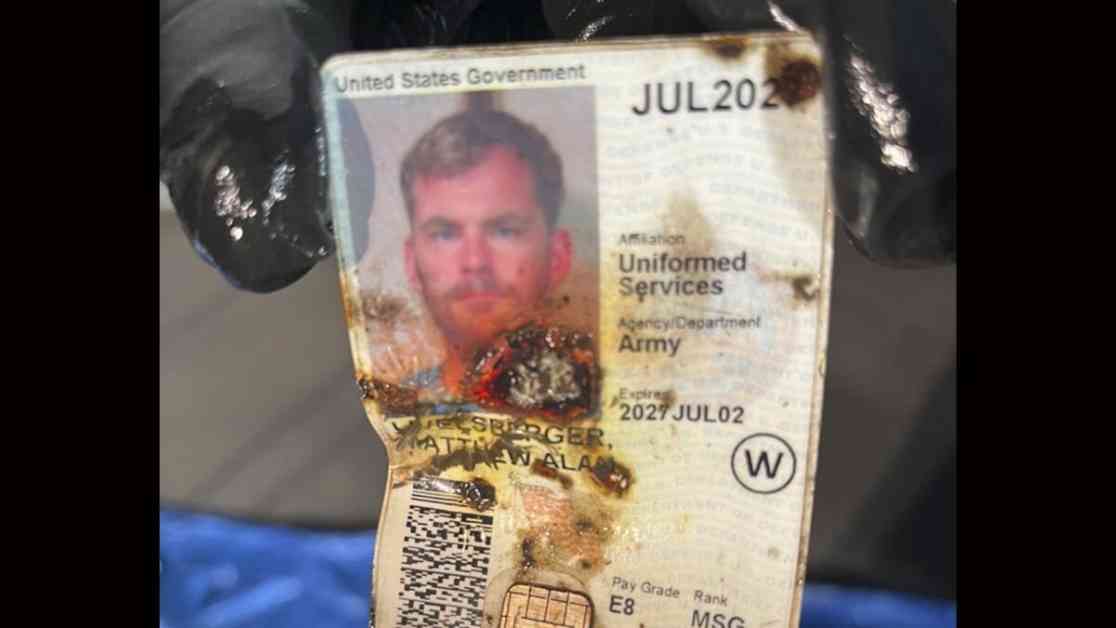The Explosive Spectacle in Las Vegas
A shocking incident unfolded in Las Vegas when a Green Beret named Matthew Livelsberger drove a Tesla Cybertruck filled with explosives to the Trump International Hotel and detonated the payload. This act, which resulted in Livelsberger’s own death, was not deemed a terrorist attack by authorities but rather a “wake-up call” for America. The suicide note left behind by Livelsberger revealed his motivations for the explosive stunt, citing a desire to draw attention to the societal issues and political events he found troubling.
A Call for Attention Through Destruction
In the note, Livelsberger expressed his belief that Americans only pay attention to spectacles and violence, leading him to orchestrate a dramatic event to convey his message. His actions were fueled by a need to cleanse his mind of the trauma from his time in combat and the burden of lives lost. The incident was not an isolated one, occurring shortly after a terrorist attack in New Orleans involving another military veteran driving a truck through a crowded street.
The Personal and Political Motivations
Authorities revealed excerpts from Livelsberger’s writings, shedding light on his frustrations with the nation’s leadership and direction. The former Army master sergeant criticized the current state of affairs in the United States, calling for a wake-up call for fellow servicemembers, veterans, and all Americans. Despite his deep-seated patriotism, Livelsberger’s actions reflected a deep sense of disillusionment with the country’s trajectory.
A Troubled Soldier’s Final Act
Livelsberger’s background as a Green Beret master sergeant and his experiences in combat played a significant role in shaping his worldview. His final act in Las Vegas was a culmination of personal challenges, political grievances, and a desire to spark change through a grand gesture. While authorities have not released the soldier’s complete writings, the fragments shared offer a glimpse into the complex motivations behind his explosive display.
As we grapple with the aftermath of Livelsberger’s actions, it serves as a stark reminder of the struggles faced by many veterans and the importance of addressing mental health issues within the military community. The tragic events in Las Vegas and New Orleans highlight the profound impact of war experiences on individuals and the need for comprehensive support systems for those who have served their country.
In the wake of this devastating incident, it is crucial to prioritize mental health resources and support for veterans who may be struggling with similar challenges. By fostering a culture of understanding and empathy, we can work towards preventing future tragedies and ensuring the well-being of those who have sacrificed so much for our nation.

